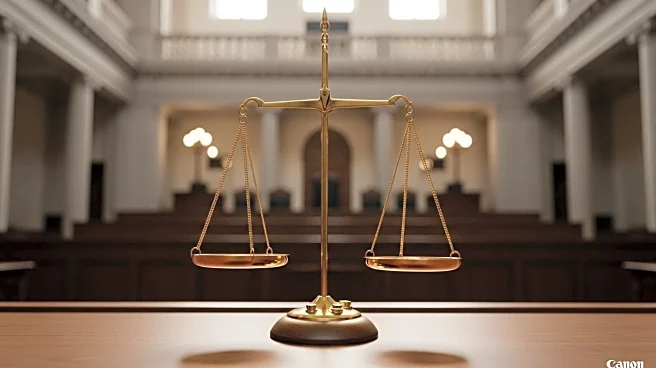What's Happening?
The Supreme Court is set to hear oral arguments in the case of Louisiana v. Callais, which could have major implications for the Voting Rights Act and racial representation in Congress. The case challenges the use of race in redrawing congressional districts, specifically whether Louisiana's creation of a second Black-majority district violates the Equal Protection Clause of the U.S. Constitution. This follows a lower court's decision that the state's redistricting plan was discriminatory, prompting a redraw that increased minority representation.
Why It's Important?
The outcome of this case could significantly impact minority representation and the interpretation of the Voting Rights Act. If the Supreme Court upholds the lower court's decision, it could overturn decades of precedent requiring consideration of racial and ethnic minority representation in redistricting. This could lead to changes in how districts are drawn nationwide, potentially affecting the partisan balance in Congress and the ability of minority communities to elect representatives of their choice.
What's Next?
The Supreme Court's decision could reshape the legal landscape of redistricting, influencing future cases and legislative actions. If the court rules against the current interpretation of Section 2 of the Voting Rights Act, it could limit the use of race in redistricting, ending requirements for majority-minority districts and eliminating a key tool for challenging discriminatory districting.
Beyond the Headlines
The case highlights the ongoing debate over the role of race in electoral processes and the balance between equal protection and minority representation. The decision could have long-term implications for civil rights and the political power of minority communities, potentially altering the dynamics of U.S. elections and governance.









